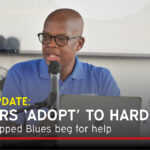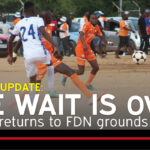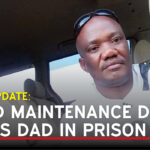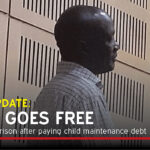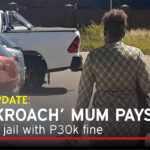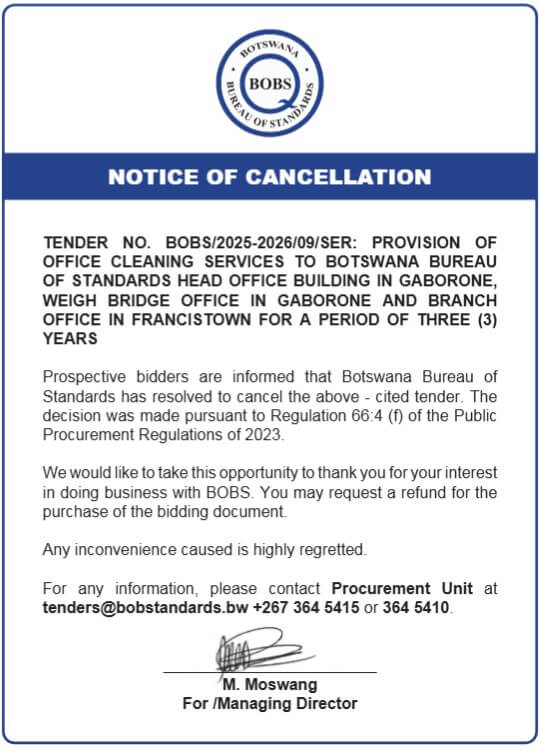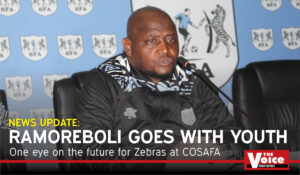While the end of the State of Emergency may well signal the resumption of sporting activity, things are at a standstill with most national federations crying foul over grants allocated to them by the Botswana National Sports Commission (BNSC) .
Some national federation representatives have complained of limited funding which they say, will likely affect their activities.
“Our grant has never been sufficient enough. We always present our budget every year but what we get is always far less than a quarter of what we ask for. So there is no way the money can be enough and the worst part now is the COVID-19 pandemic that has brought more challenges to our small grant. So it’s not going to be an easy task to achieve what we have planned for,” said Botswana Netball Association (BONA) mouthpiece Mokeresete Mokeresete.
According to information which this publication has, BONA’s allocation stands at P700 000.00 for the financial year 2021/22 but it’s not a smooth sail since the federation has to get the senior national team to the Africa Cup and Pent Series tournaments next month in Namibia.
Without giving the exact figures Botswana Swimming Sports Association (BSSA) spokesperson, Rosie Seleka, says they have been given 16% of what they were allocated in the 2020/21 financial year.
“Our grant has been cut drastically short from last year’s grant as the economy at large is reeling from the impact of Covid-19 and what we have been allocated is not enough to fund our activities for the year. That means we will have fewer competitions than we have had in the past,” she said.
Botswana Volleyball Federation (BVF) Vice president -Administration, Ndibo Lebala, says the money is not enough as it is not even a quarter of their budget.
“But we understand that it was a difficult fiscal year. We got half of what we got last financial year. It means most of our activities will be on hold,” he said.
Funding from the government has not been increased with BNSC having been given a P100 700 000.00 grant to spend on their affiliates, special projects and day to day expenses.
This comes at a time when BNSC has introduced a new funding model where sporting codes have been grouped according to clusters based on their impact and performance.
BNSC Chief Executive Officer Tuelo Serufho says the commission has financial challenges and is prioritizing sporting codes that have better impact such that they become self-sustainable and in the long run promote or upgrade those with lower impact.
“For now 52% of the budget will go towards the top six federations, 30% for middle high impact and 10% will go towards the rest,” he said.




